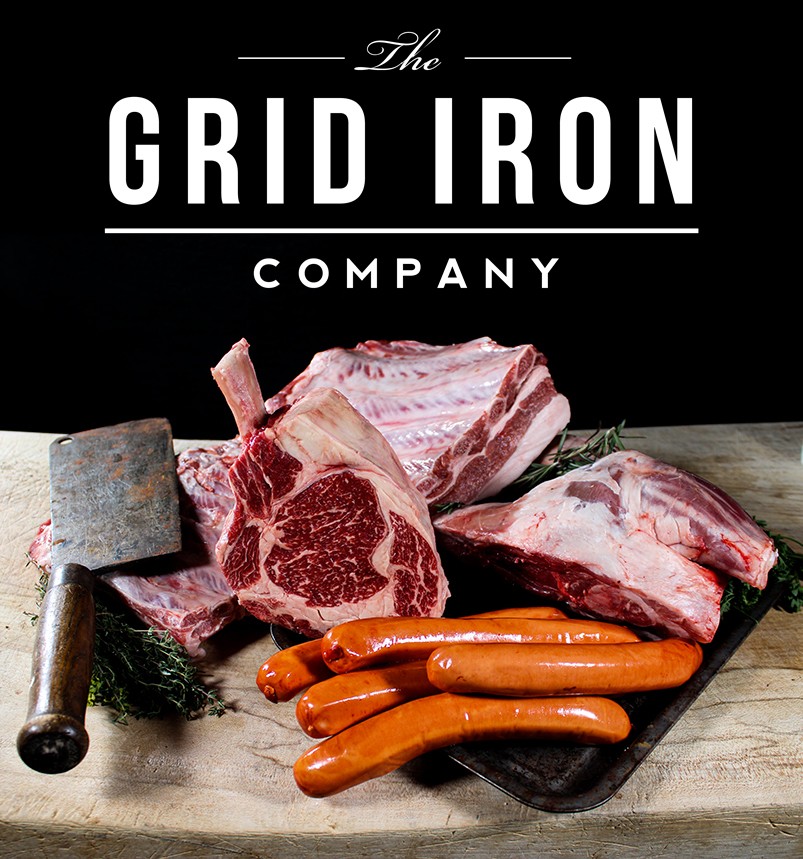Meat consumption has long been a staple of the human diet, providing an essential source of protein and nutrients. However, the ethics and sustainability of meat production have come under scrutiny in recent years, with concerns about animal welfare, environmental impact, and health implications. While some advocate for a plant-based diet as the solution, others argue that meat consumption can be ethical and sustainable with the right approach. In this post, we will explore the various perspectives on ethical meat consumption and provide practical ways to eat meat more sustainably.
The treatment of animals raised for meat is a major ethical concern for many people. The conditions in which animals are kept, the use of antibiotics and hormones, and the methods of slaughter are all areas of concern. Many animal welfare organisations advocate for a plant-based diet as the solution, arguing that it is impossible to raise animals for meat in a way that is truly ethical.
However, some argue that eating meat can be ethical if it is raised and produced in a sustainable and humane manner. The key is to prioritise animal welfare and environmental sustainability in meat production. This involves raising animals in conditions that mimic their natural habitat, providing ample space, and ensuring access to fresh air, sunlight, and water. It also involves using fewer antibiotics and hormones, and implementing more humane methods of slaughter. At Grid Iron we try to fit in with these key criteria in our approach to sustainable meat.
Reducing meat consumption is one way to reduce its environmental impact. Livestock farming is responsible for a significant portion of greenhouse gas emissions, deforestation, and water consumption. Reducing meat consumption or adopting a plant-based diet can reduce the environmental impact of meat production. However, it may not address ethical concerns related to animal welfare.
Another approach is to choose meat from sustainable sources. Grass-fed, free-range, and organic meats are generally considered more sustainable than conventionally raised meats. These animals are typically raised in better conditions, and their diets are more in line with their natural feeding patterns. Choosing meat from local UK farmers or small-scale producers can also help reduce the environmental impact of meat production by reducing transportation emissions.
Making the most of meat is another way to reduce waste and increase sustainability. Using the whole animal, including bones and offal, can provide more nutritious meals and help reduce waste. It can also provide a more diverse range of flavours and textures. Storing and cooking meat properly can also help prevent food waste and reduce the environmental impact of meat production.
Reduce meat consumption: Try meat-free recipes or meat substitutes to reduce the environmental impact of meat production.
Choose sustainable meat: Look for grass-fed, free-range, and organic meats from UK farmers and small-scale producers.
Make the most of meat: Use the whole animal, store and cook meat properly, and choose less popular or less expensive cuts of meat.
The ethics and sustainability of meat consumption are complex issues that require careful consideration. While a plant-based diet may be the most ethical and sustainable option, it may not be feasible or desirable for everyone. Eating meat more sustainably requires a balance between ethical and environmental considerations. By prioritising animal welfare and environmental sustainability in meat production, reducing meat consumption, and making the most of meat, we can support a more ethical and sustainable food system. Ultimately, the decision to eat meat or not is a personal one. However, by being mindful of the ethical and environmental considerations related to meat consumption, we can make more informed and responsible choices.
Celebrating Heritage, Sustainability, and Taste

Order online from our selection of locally-sourced, high-quality Yorkshire native breed meat and charcuterie, plus our range of carefully curated artisan food products, including cheeses, jams, and preserves.
We’re proud to support FareShare Yorkshire.